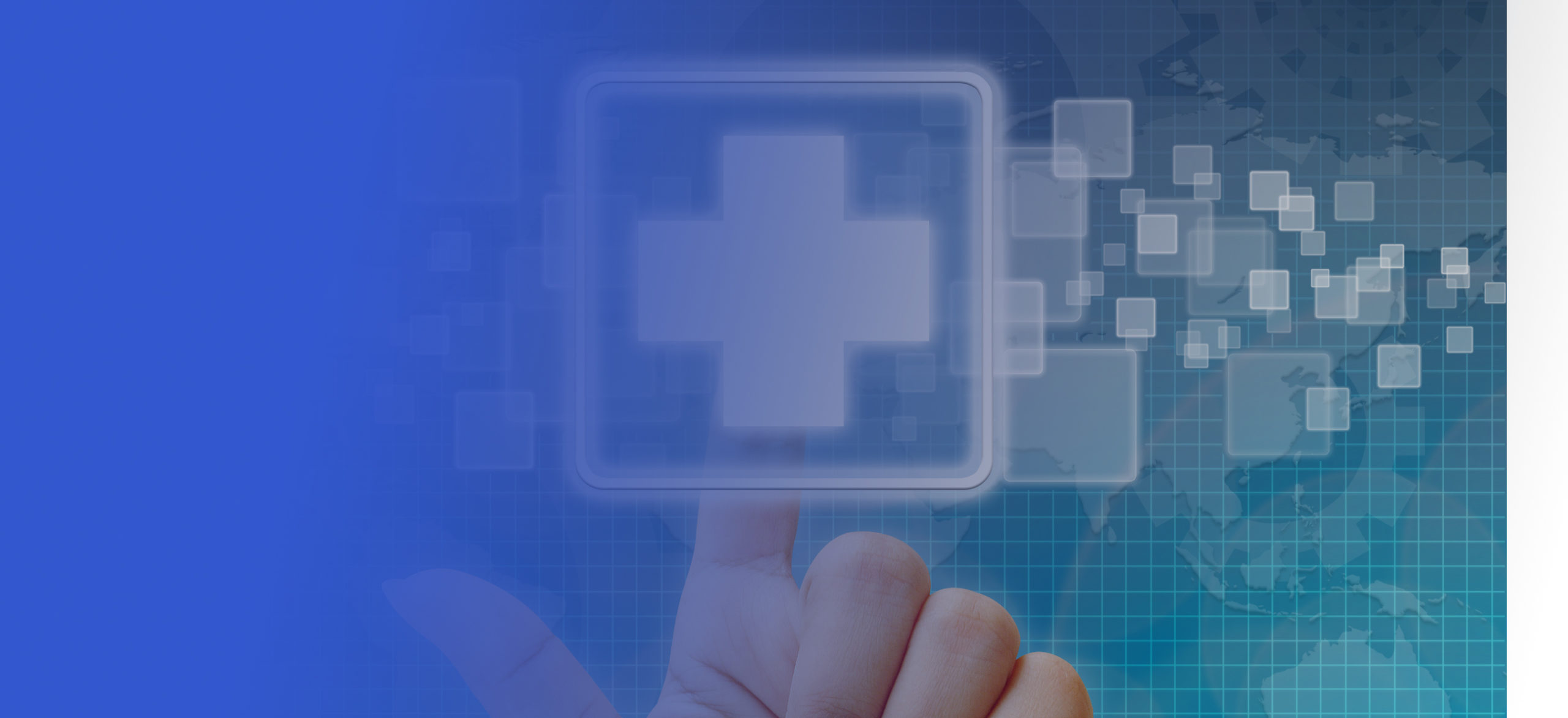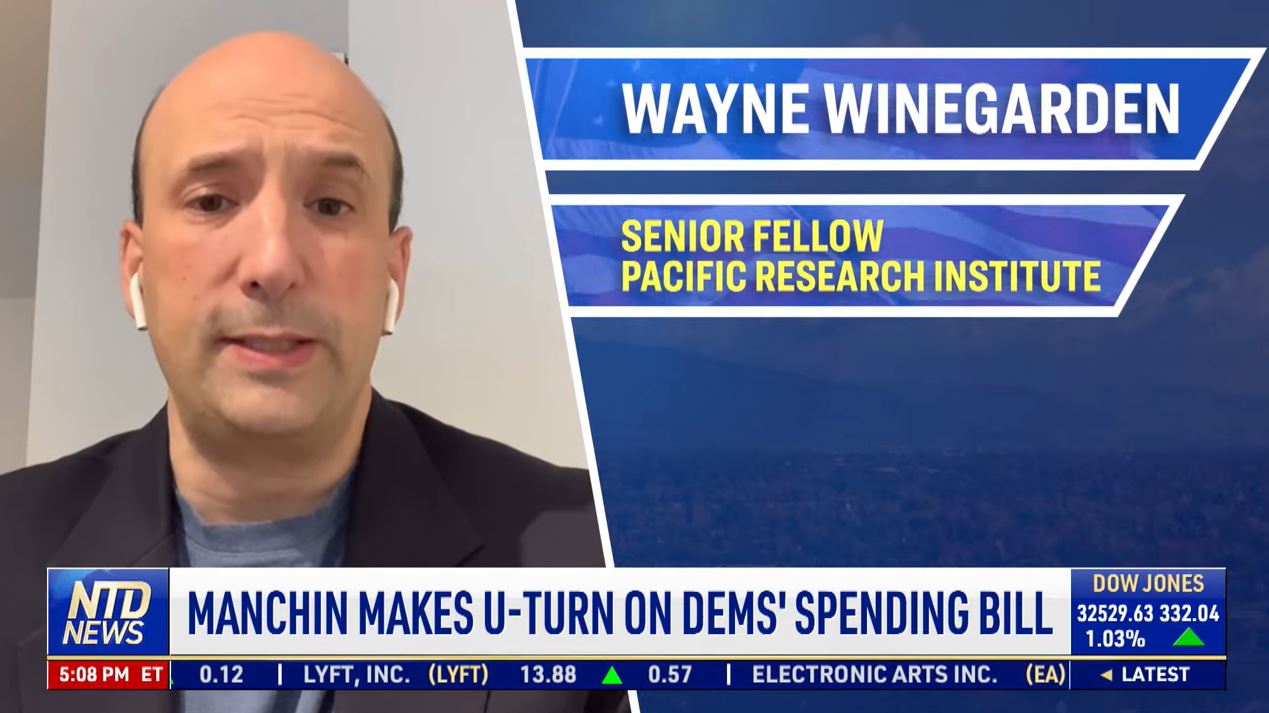Congress should take action to make telemedicine permanent
Congress faces a year-end deadline to extend its relaxed pandemic-era rules permitting greater use of telehealth by Medicare beneficiaries. If our lawmakers fail to step up, millions of seniors as well as privately insured patients could lose access to what has become an essential form of medical care. The expansion of telehealth is a perfect example of how cutting red tape can improve people’s lives. Congress should make these changes permanent and use the experience as a model to remove roadblocks to...











